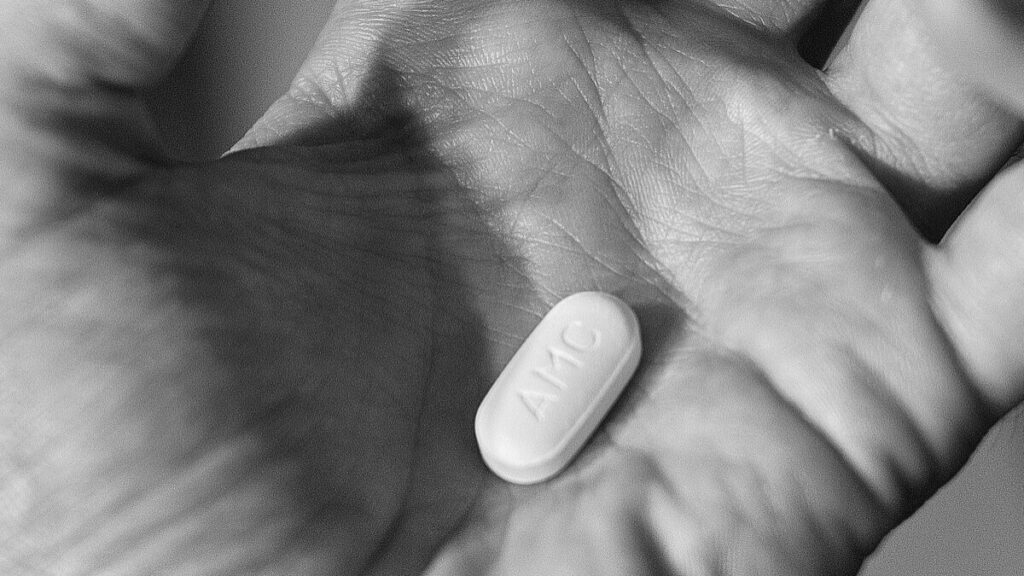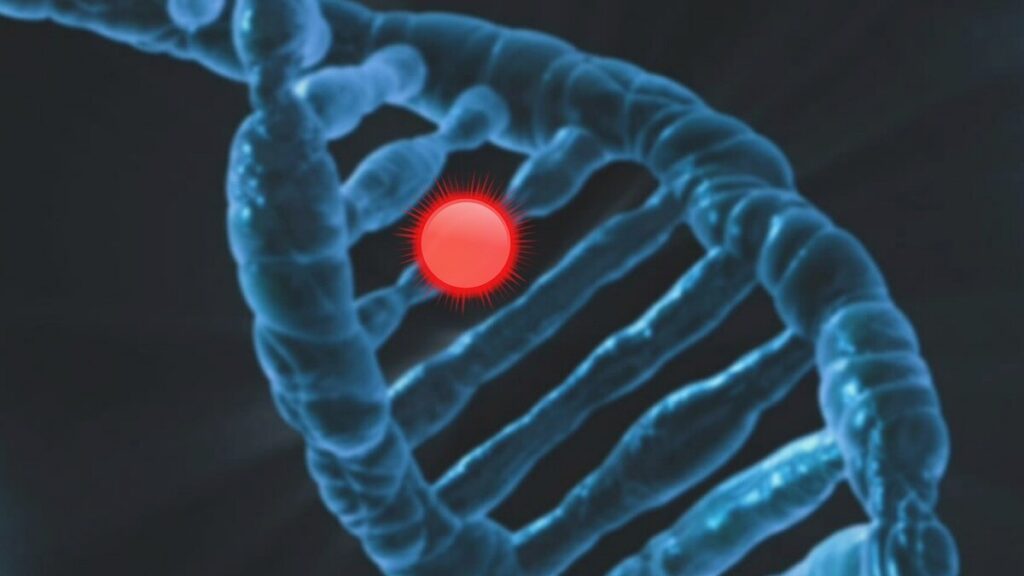AI finds new antibiotics
Scientists are using generative AI and deep-learning models to design and discover drug candidates that kill dangerous, drug-resistant bacteria—rekindling hopes for a new antibiotic era. Recent studies report AI-designed molecules that cleared stubborn infections like MRSA in animal tests, while other teams are mining unusual sources (ancient DNA and animal venoms) with machine-learning to uncover potent antibacterial peptides. Human trials will still take years, but the pipeline is finally moving again.
How AI does it
Instead of testing one molecule at a time in the lab, researchers train models on huge libraries of chemicals and known antibiotics. The AI learns which features make a compound lethal to bacteria yet safer for human cells, then proposes “new-to-nature” structures that chemists can synthesize and test. In recent work, dozens of AI-generated compounds were screened; the best not only killed bacteria in dishes but also shrank skin infections in mice.
A bigger trend, not a one-off
This builds on earlier AI-guided hits like abaucin (reported in 2023), which targets Acinetobacter baumannii, a hospital superbug on the WHO’s critical list. Reviews now say AI is helping across the whole pipeline—from picking bacterial targets to proposing candidate molecules—speeding a process that traditionally took a decade or more.
Wild sources, smarter searches
Some labs are pointing AI at unusual places: extinct genomes and animal venoms. By scanning ancient proteins and complex venom mixtures, models predict short antibacterial peptides that nature invented—but humans never tried as drugs. Early lab tests show several such peptides punch holes in resistant bacteria.
Why it matters
- Superbugs are rising. Antimicrobial resistance already kills large numbers of people annually. We badly need new classes, not just tweaks.
- AI broadens the search space. Models can explore billions of designs—far beyond what humans can manually test.
- But caution first. Many AI hits will fail in toxicity and efficacy tests. Clinical trials are the real gatekeeper.
Bottom line: AI isn’t “press-button, get drug,” but it’s drastically accelerating how we find and design antibiotics—and early animal results suggest genuinely new weapons against resistant infections are on the way.



